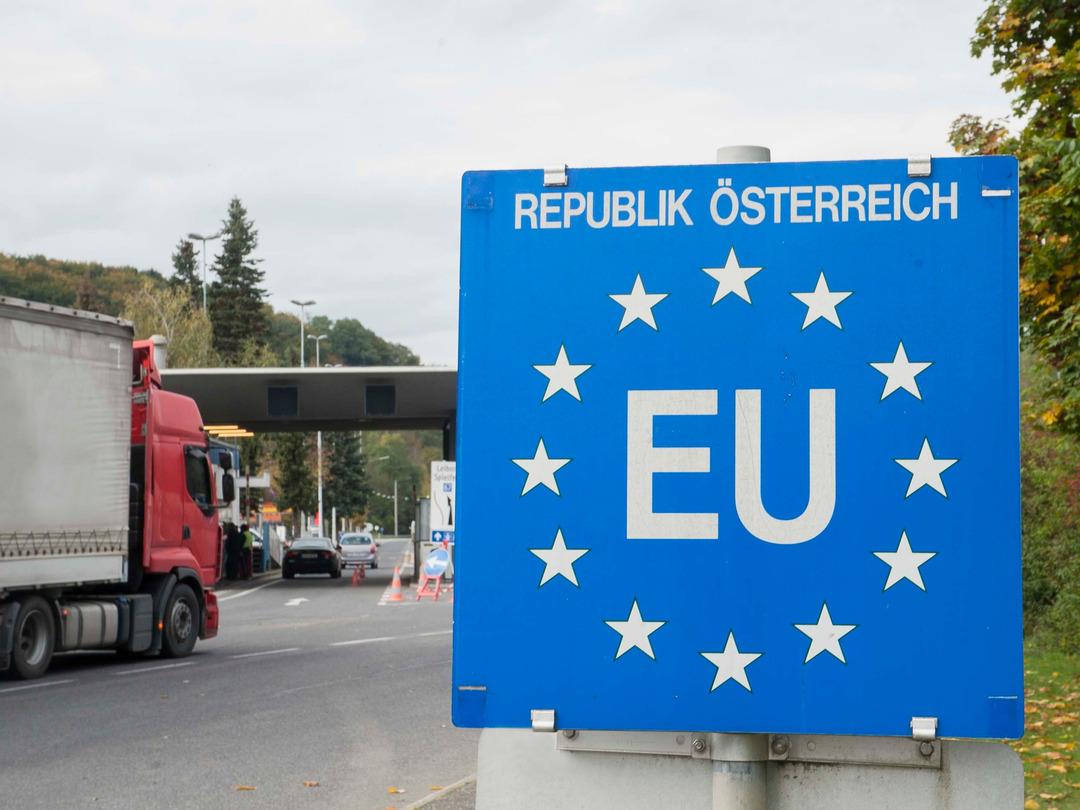Increasing the effectiveness of sanctions

Sanctions work best when they are implemented by as many actors as possible. To ensure the highest effectiveness, the EU seeks to build the broadest coalitions of countries to align with its measures. The EU coordinates on the adoption of new sanctions with like-minded third states when foreign policy goals are shared.
Since Russia’s aggression of Ukraine, bilateral exchanges have been increasingly complemented by coordination in the G7 format, including on key sectoral measures such as the Oil Price Cap and the import ban on Russian diamonds.
EU candidate countries and countries in the European Free Trade Association (EFTA) and European Economic Area (EEA) are systematically invited to align with EU sanctions.
Implementation and enforcement of sanctions
EU sanctions apply to individuals and entities operating within the EU’s territory and jurisdiction: the obligations imposed are binding on EU nationals or legal and natural persons located in the EU or doing business in the EU.
Enforcing sanctions is crucial for EU foreign policy and counter-terrorism efforts. EU countries are responsible for enforcing sanctions within their borders. They assess violations and take action. The European Commission provides guidance on implementing sanctions in various areas and specific countries such as Russia.
Implementation and enforcement of EU sanctions are the responsibility of the EU Member States. In its role as guardian of the treaties, the Commission oversees the implementation and enforcement of EU sanctions across Member States. EU sanctions are subject to review by the Court of Justice of the EU (CJEU). Financial institutions bear a significant responsibility in adhering to these regulations.
Circumvention of sanctions
The imposition of far-reaching economic sanctions against Russia has severely disrupted economic and commercial relations between the EU and Russia. At the same time, there are growing efforts to undermine the overall impact of our measures. Tackling possible circumvention attempts, including through third country jurisdictions, has thus become a key priority to ensure the full effectiveness of EU sanctions and guarantee that EU sanctioned goods do not reach Russia.
Violation of restrictive measures is a crime
Since May 2024, new rules harmonise criminal offences and penalties for the violation of EU restrictive measures. The new rules ensure that such violations can be criminally investigated and prosecuted in all Member States. They include a list of criminal offences related to the violation and circumvention of EU sanctions, such as for example: failing to freeze assets; breaching travel bans and arms embargoes; providing prohibited or restricted economic and financial services, transferring funds that should be frozen to a third party or providing false information to conceal funds that should be frozen.
The new rules also establish common basic standards for penalties for both natural and legal persons in all Member States, closing existing legal loopholes and increasing the deterrent effect of violating EU sanctions in the first place. They also include enhanced rules on freezing and confiscation of proceeds and assets subject to EU sanctions. Furthermore, the new rules strengthen the cooperation and communication between the competent authorities in a Member State and among Member States in the Union.
- Follow the link to Press Release: Council gives final approval to introduce criminal offences and penalties for EU sanctions’ violation




